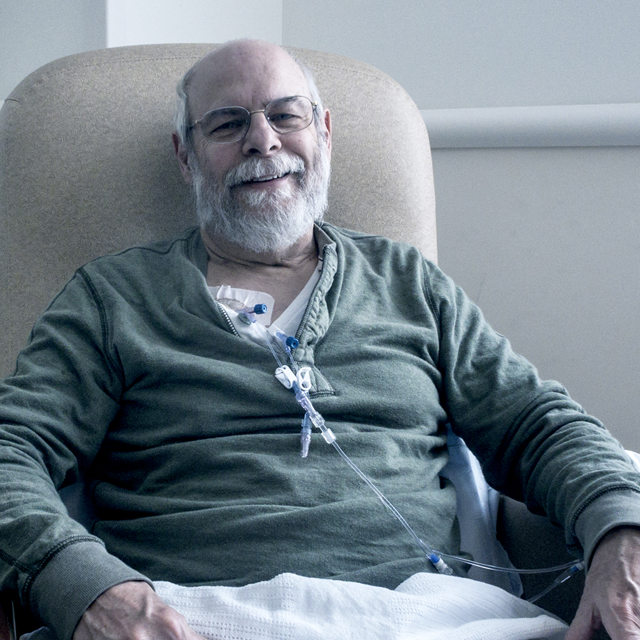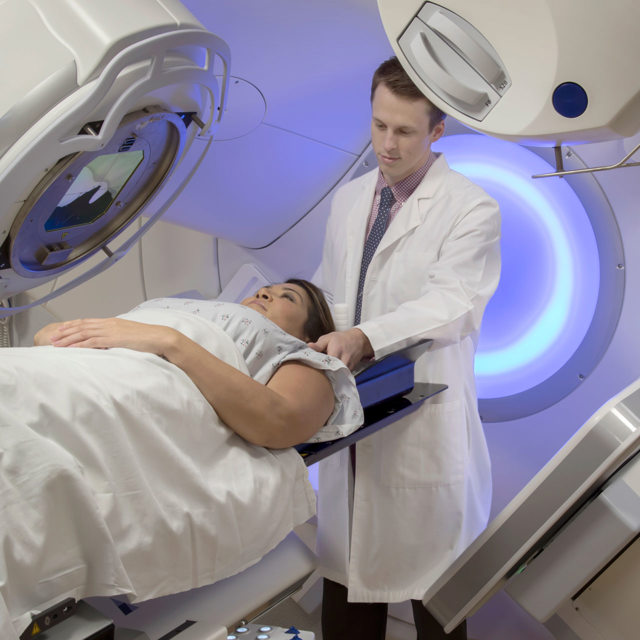Diagnosis and Treatment for Cervical, Endometrial, and Ovarian Cancers
Gynecologic Cancer
Gynecological cancers are cancers that affect a woman’s reproductive system. They include cervical, endometrial, uterine, and ovarian cancers. Early detection and prompt cancer treatment often can reduce the severity of treatment needed, and also increase the likelihood of successful treatment. Gynecologic oncology is a specialized field requiring unique expertise. At Penn Highlands, we offer that expertise close to home for the women of Central Pennsylvania.
Diagnosing Gynecological Cancers
Gynecological cancer detection varies by type. These are some of the most common screenings we use.
Cervical cancer. Pap testing is the recommended screening for cervical cancer. It can detect precancerous cells, leading to treatment before cancer even develops. When screened regularly, Pap testing is highly effective. Pap tests are typically used in combination with a test for HPV, the human papilloma virus, which is the cause of many cervical cancer cases.
Endometrial cancer. While no screening test is currently available for endometrial cancer, also called uterine cancer, women at high risk may choose to have a biopsy performed each year to test for the presence of cancer.
Ovarian, vaginal, and vulvar cancers. There are no screening tests currently available for these types of gynecological cancer. They are usually diagnosed only after a woman seeks care for related symptoms. Symptoms of these cancers include unusual pelvic pain or pressure, feeling bloated or full after eating a small amount, unusual vaginal bleeding, and itchy bumps on the vulva.
Penn Highlands Healthcare offers a wide range of diagnostic tests to check for gynecological cancer, including CT scan, MRI, transvaginal ultrasound, and colposcopy, which is an exam that uses special equipment to give your physician a magnified view of your cervix, vagina, or vulva.
Gynecological Cancer Treatment
If you’re diagnosed with gynecological cancer, your Penn Highlands medical oncologist will work with you to create a personalized treatment plan. Your cancer treatment will be based on your cancer type and stage as well as your overall health and preferences.
Most patients with gynecological cancer will have radiation therapy. Depending on your cancer type and stage, you also may have chemotherapy, immunotherapy, targeted therapy or some combination. Surgery to remove only the tumor or your uterus, ovaries, fallopian tubes, cervix, or lymph nodes also may be necessary.






